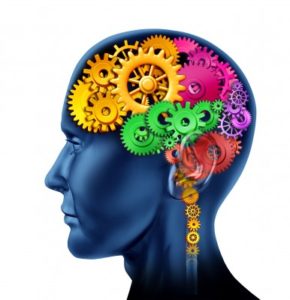 Massage therapy sessions are beneficial to physical health and mental health.
Massage therapy sessions are beneficial to physical health and mental health.
Massage therapy can improve overall physical health by increasing the immune system function, decreasing heart rate, decreasing blood pressure, and lowering stress, just to name a few. Massage therapy can also provide many benefits for your emotional health. Here are just a few of the ways massage therapy provides emotional and physical support.
The Body
- Relieves stress and aids in relaxation
- Relieves muscle tension, stiffness and pain. Massage reduces these symptoms by stimulating the release of endorphins
- Improves the healing time of strained muscles and sprained ligaments; as well as reducing pain, swelling, and the formation of scar tissue
- Improves flexibility and range of motion
- Improves the circulation of blood and movement of lymph fluids, which supply nutrients to individual cells; while improving the cells ability to rid the body of waste materials from these cells
- Reduces blood pressure
- Helps relieve tension headaches
- Enhances the health and nourishment of the skin
- Strengthens the immune system
The Mind
- Massage promotes calm thinking by relaxing the mind and the body; which can lead to a better and deeper sleep. Getting adequate sleep can help to reduce irritability, fatigue, and the ability to think clearly
- Massage promotes a more relaxed state of mental alertness; which can help to quiet the mind and enter a state of total relaxation
- Helps relieve mental stress and reduces anxiety levels by producing endorphin’s such as serotonin and dopamine which help with depression
- Satisfies the need for touch, which fosters a feeling of well-being. Negative emotions like anxiety, and depression will manifest as physical symptoms, such as increased aggression, anxiety, depression, and fatigue
Stress and the challenges of daily life can influence our mind-body connection, which is a complex relationship between our thoughts, emotions and our bodies. Regular massage therapy can help alleviate many symptoms that block your recovery.






